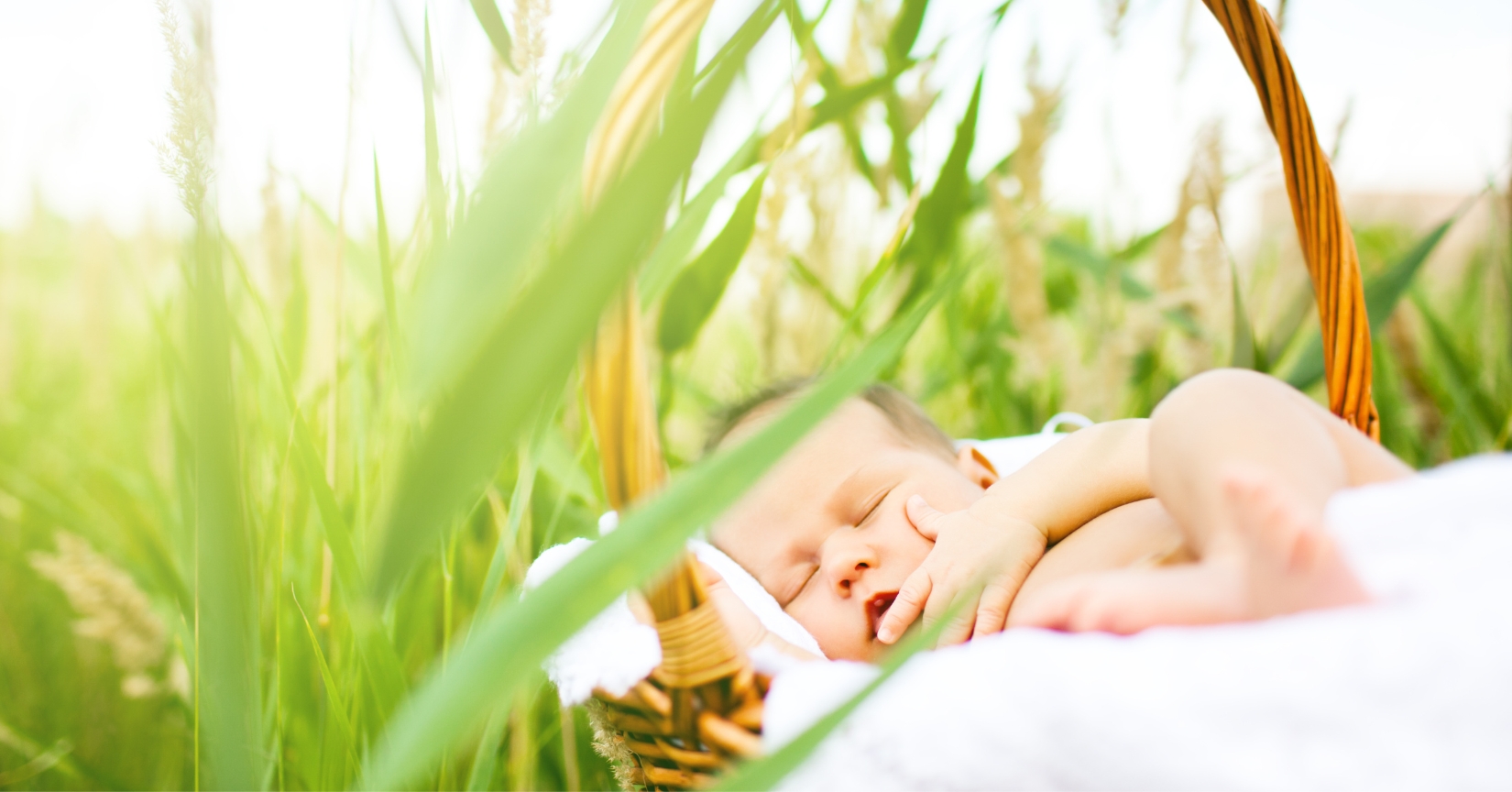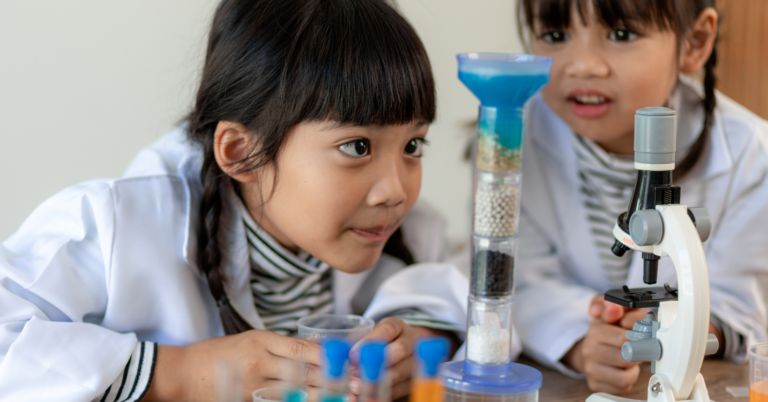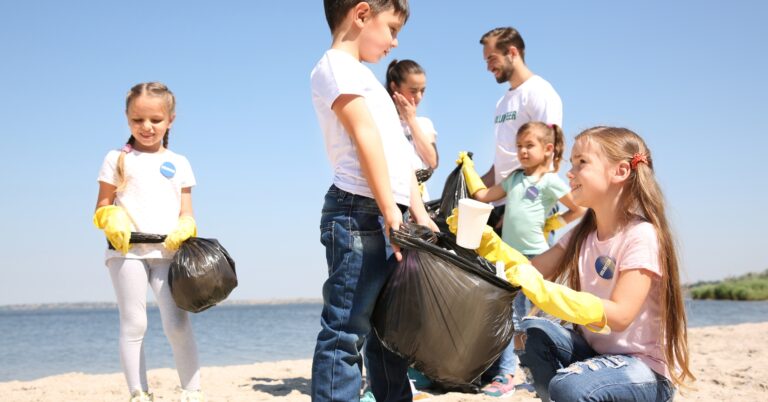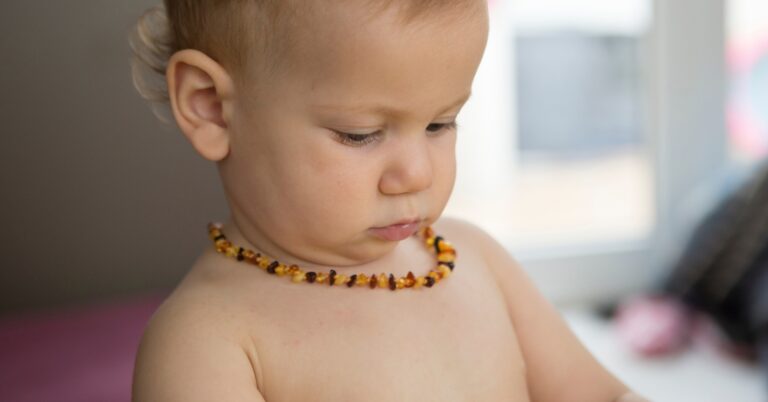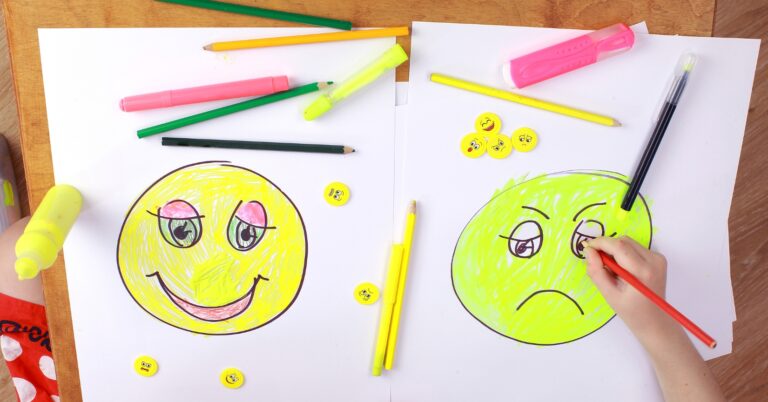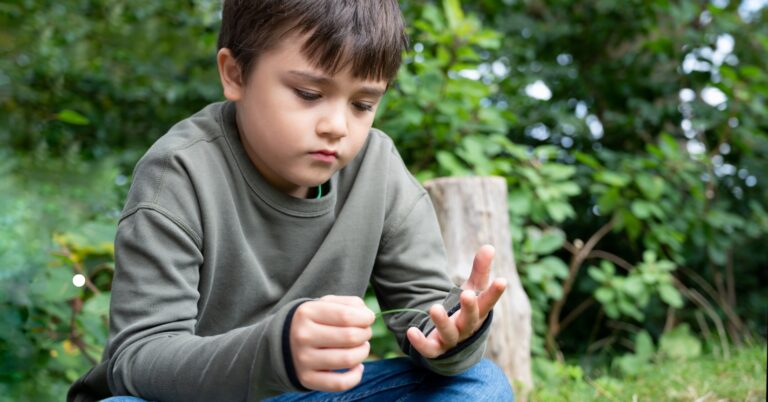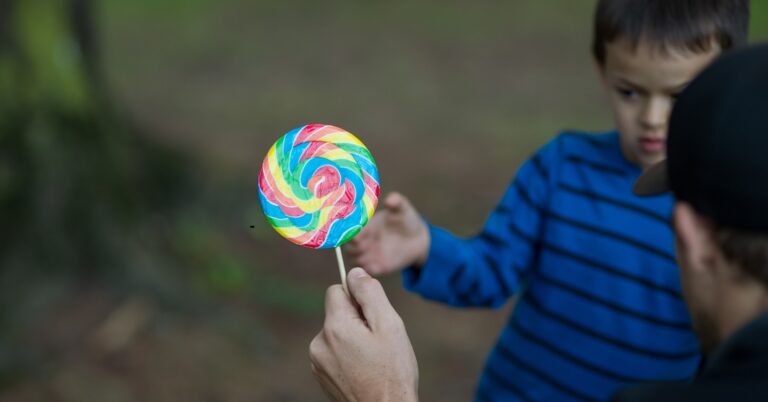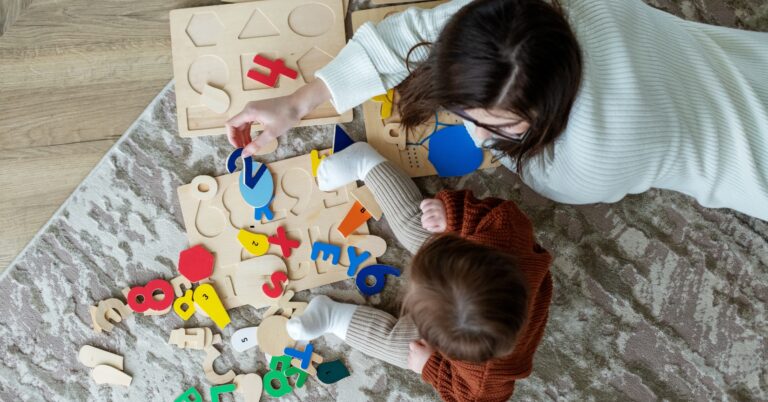Our modern world may be filled with cutting-edge technology and advancements, but the wisdom of our ancestors still holds valuable lessons for us today.
You may be looking at your newborn, pondering about the best ways to maintain their hygiene and protect them from potential health risks. Ever wondered if there are age-old practices that could be beneficial in our modern context?
How do we discern the timeless wisdom from ancient cultures and apply them in caring for our newborn’s hygiene?
In a quest to uncover these forgotten practices, I delved into the traditions and customs of various ancient cultures. What I found was a treasure trove of simple, yet effective techniques that can help maintain our baby’s cleanliness and health. So let’s journey back in time and see what these ancestral practices can offer us today.
1. Embracing the wisdom of ancient bathing practices
Bathing a newborn might seem like a daunting task, especially for first-time parents. How often should you do it? What temperature should the water be? How do you make sure every nook and cranny is clean without causing discomfort to your baby?
Ancient cultures, despite their lack of modern technology, had some pretty impressive answers to these questions.
For instance, in ancient Japan, infants were gently bathed in a mixture of warm water and certain herbs known for their antiseptic properties. This not only kept them clean but also protected their delicate skin from infections.
Meanwhile, Native American tribes incorporated natural elements like river clay and pine sap into their newborn’s hygiene care. These natural products are known for their cleansing and healing properties.
By adopting these age-old practices, we can provide our newborns with a holistic and natural approach to hygiene that goes beyond just keeping them clean. It’s about nurturing their well-being right from the start.
2. Less is sometimes more
In the hustle and bustle of our modern world, we have been conditioned to believe that more is always better. More soap, more shampoo, more lotion – surely they must lead to a cleaner, healthier baby, right?
Interestingly, ancient cultures offer a different perspective.
Take the Maasai people of East Africa, for example. They traditionally bathe their newborns in nothing but plain water for the first few weeks of life. This minimalist approach respects the integrity of a baby’s sensitive skin and natural microbiome, which can be disrupted by synthetic products.
Similarly, in some indigenous Australian cultures, infants were not bathed daily but rather a few times a week. The rest of the time, their skin was cleaned with soft cloths and natural oils.
This counterintuitive approach suggests that perhaps we should reconsider our modern obsession with over-cleaning. By doing less, we might actually be doing more for our newborn’s skin health and overall well-being.
3. Providing nature’s antiseptics
In our quest for cleanliness and hygiene, we often reach for commercially-produced antiseptics and sanitizers. But could Mother Nature be holding some better alternatives?
The ancient Egyptians were known for their extensive use of honey in various aspects of life, including infant care. Honey, with its potent antibacterial properties, was used to clean and protect the skin of newborns.
On the other side of the world, Native American tribes utilized plant-based remedies such as sage, yarrow, and cedar to cleanse and protect their babies’ skin. These plants are known for their antimicrobial properties, keeping harmful bacteria at bay.
Incorporating natural antiseptics into our modern hygiene practices can offer effective protection and reduce our dependence on chemical-laden alternatives. It’s a gentle way of caring for our newborns, just as nature intended.
4. Understanding the value of fresh air
We often associate hygiene with cleanliness – immaculate rooms, sterilized bottles, freshly laundered clothes. But what about the air our newborns breathe?
Ancient cultures held a deep respect for the power of fresh air in promoting health and well-being.
The ancient Greeks believed that exposing infants to fresh, outdoor air could help strengthen their immune systems. This practice was thought to promote healthy lung development and reduce the likelihood of respiratory illnesses.
Among the Vikings, it was common to leave babies outdoors for a nap in their pram, even in cold weather. This was done not only to expose them to fresh air but also to help them build resilience.
This well-known practice of “airing out” babies might seem quaint or even counterintuitive by modern standards, but it reminds us that hygiene isn’t just about cleanliness – it’s also about the quality of the environment we provide for our newborns.
5. Understanding the power of touch
In the heart of every parent is the instinctual desire to protect their newborn from any harm, even the tiniest of germs. But what if our fear of germs is making us overlook one of the most powerful tools for newborn hygiene?
In many African cultures, newborns are massaged with natural oils on a daily basis. This practice cleanses the skin while also stimulating blood circulation, aiding digestion, and promoting overall well-being.
The Inuit people, despite living in harsh Arctic conditions, employ a similar practice. They regularly massage their infants using oils derived from native plants and animals.
In both cases, the parents’ hands serve as tools for both cleaning and comforting. The intimate contact helps to nurture a deep bond between parent and child while ensuring that the baby’s skin remains healthy and clean.
This gentle approach offers a raw reminder that sometimes, the simplest methods can be the most effective. It invites us to reconnect with our innate parenting instincts and trust in the power of human touch.
6. Exploring the power of dirt
It may seem unthinkable to most modern parents, but what if allowing your newborn to get a little dirty could actually enhance their hygiene and health?
In rural parts of India, for example, it was common to let infants play with soil and mud. This exposure to the natural environment was believed to strengthen their immunity, preparing them for a healthier life.
Similarly, among the Indigenous tribes of the Amazon rainforest, children are often seen playing freely in the environment, interacting directly with the earth, plants, and animals.
While it’s crucial to protect our newborns from harmful germs and diseases, these ancient practices remind us that not all dirt is bad. In fact, some exposure can be beneficial – helping to build a robust immune system and fostering a deep connection with nature from an early age.
It’s an unexpected lesson that challenges our modern notions of cleanliness and invites us to embrace a more balanced approach to hygiene.
7. Welcoming the benefits of communal care
In our fast-paced, individualistic society, the responsibility of caring for a newborn often falls solely on the parents. But what if we took a leaf out of our ancestors’ book and embraced the power of communal care?
This was the norm in many ancient cultures.
In Native American tribes, it was not just the mother or father who took care of a newborn’s hygiene. Grandparents, aunts, uncles, and even older siblings all had a role to play. This created an environment where hygiene practices were consistently maintained and knowledge was passed down through generations.
In many African cultures too, newborn care is seen as a collective responsibility. It’s not uncommon for extended family members to assist in bathing and grooming the baby.
These age-old practices suggest that maintaining newborn hygiene can be more than just a parental duty. It can be an opportunity to strengthen family bonds, share wisdom, and create a nurturing environment for our little ones.
Revisiting our roots to redefine newborn hygiene
As we’ve journeyed through various ancient cultures and their newborn hygiene practices, one thing becomes clear: our ancestors had a deep understanding of the natural world and its potential to nurture and protect the health of their youngest members.
These practices, while diverse in their methods, share a common thread – they are rooted in the principles of respect for nature, community involvement, and the balanced view of cleanliness.
In our modern world brimming with antibacterial soaps, disposable diapers, and sterilized baby bottles, these ancient wisdoms may seem outdated or irrelevant. But as we delve deeper into these practices, we realize they offer valuable insights that we may have overlooked in our pursuit of hyper-cleanliness.
As we move forward into an era that is increasingly aware of the importance of organic living and sustainability, these ancient practices offer a compelling perspective. They invite us to question our current practices, to balance modern advancements with time-tested wisdom, and ultimately to create a holistic approach to newborn care.
While it’s essential to adapt these practices according to modern scientific understanding and individual needs, they provide a valuable starting point. They remind us that maintaining newborn hygiene is more than just preventing dirt or germs; it’s about nurturing our babies in harmony with nature, fostering their health from the inside out.
So let’s dare to learn from our past, to question our present, and to envision a future where newborn hygiene is not just about cleanliness but also about well-being, community, and respect for the natural world. After all, our newborns are not just our children; they are the next custodians of our planet.


